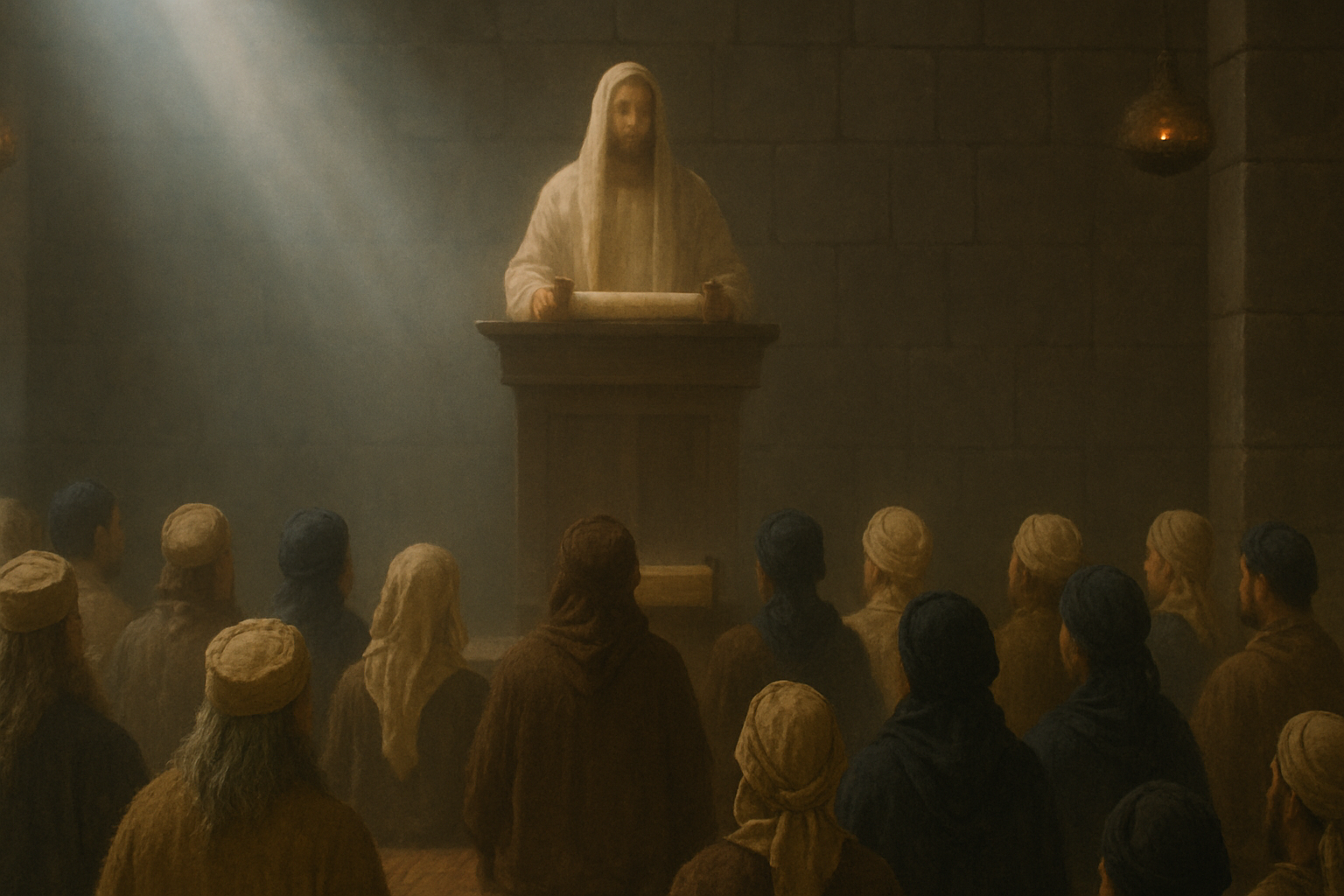Did Paul reject the ongoing relevance of the Sabbath and festivals prescribed in the Torah? Many cite Colossians 2:16–17 as proof that he did. However, a growing body of scholarship calls that interpretation into question. Scholars point out that the illegitimate judgment directed toward Colossian believers came from ascetics who did not observe the biblical calendar. Drawing on this scholarship, I argue that Colossians 2:16–17 does not invalidate the Sabbath and festivals but instead affirms their value.
Sabbath Observance in Luke-Acts: Situating the Earliest Followers of Jesus Within Judaism
This study demonstrates that Luke presents the earliest followers of Jesus as steadfast Sabbath observers, challenging the common assumption that they abandoned or disregarded this practice. By closely examining the references to the Sabbath in Luke’s Gospel and Acts, it is observed that Luke consistently depicts Sabbath worship as a standard practice among Jewish and Gentile believers. This portrayal suggests that the earliest followers of Jesus did not believe the Sabbath had been abrogated but saw it as integral to their faith and community life. These findings invite modern Christians to reconsider the relevance of Sabbath observance in their own spiritual lives. By highlighting the continuity between Judaism and the emerging Christian movement, this study contributes to scholarship on early Christian identity and practice, portraying the earliest followers of Jesus as a movement within Judaism.
Sex on the Sabbath: Does it Violate the Commandment?
Peter’s Warning About the Antinomians Who Misinterpret Paul’s Letters (2 Peter 3:15-17)
In 2 Peter 3:15-17, Peter warns that Paul’s letters contain content that is “hard to understand” and which “the ignorant and unstable” misinterpret. He then connects the mishandling of Paul’s letters to “lawless people.” In this article, I will argue that 2 Peter 3:15-17 represents Peter’s warning regarding antinomians (individuals who reject God’s law) misinterpreting passages in Paul’s letters to advocate for lawlessness.
The Law of Moses vs. the Law of Christ? (Galatians 6:2; 1 Corinthians 9:21)
The expression “law of Christ” appears only two times in the New Testament. In Galatians 6:2, Paul urges his readers to fulfill “the law of Christ” (τὸν νόμον τοῦ Χριστοῦ). Similarly, in 1 Corinthians 9:21, Paul states that he is “under/in the law of Christ” (ἔννομος Χριστοῦ). Traditionally, interpreters have frequently understood this expression to refer to a new “law” or ethic that supersedes the law of Moses. However, as Todd Wilson notes, there is a “growing scholarly consensus” that “law of Christ” directly refers to the law of Moses in some sense. This article makes a case for interpreting the phrase “law of Christ” in Galatians 6:2 and 1 Corinthians 9:21 as a reference to the law of Moses as it is taught and exemplified by Christ.







